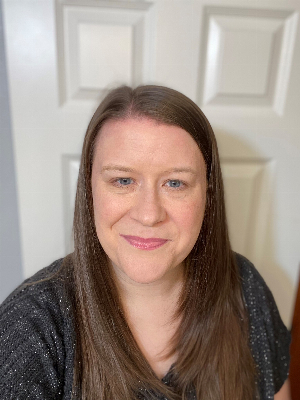
May 6-10, 2024 - Virtual via Zoom
Keeping up with best practices and current information is important when providing services to young children and their families. Presenters will share two new statewide resources available for FRCs and ESIT early support providers who work with young children who are deaf and hard of hearing (D/HH) and their families. Department of Health’s Early Hearing Detection, Diagnosis and Intervention (EHDDI) advisory group has produced online training modules about D/HH specialized providers and services, bias awareness, and knowledge building. These three training modules support knowledge building in alignment with current best practices. Another collaborative effort among state agencies created a new Pathways to ESIT Deaf-Hard of Hearing Related Services Practice Guide is now available on DCYF’s website. This resource describes the roles and importance of teaming with DHH early childhood specialists, as well as how to expedite DHH related services for infants and toddlers enrolling in the ESIT program. These new and updated resources help boost better outcomes for children, families, and the professionals who serve them.
Kris Ching is the director of Birth-5 Outreach Services for Washington Center for Deaf & Hard of Hearing Youth or CDHY. Her focus is on developing statewide systems that ensure all parents and families receive accurate and complete information using national best practices from identification to enrollment in and delivery of early intervention services. Kris is a graduate Gallaudet University’s Infant Toddler Family (ITF) Collaboration & Leadership Interdisciplinary graduate program and proudly served on the board of Washington Hands & Voices since 2008.

Julie has worked in the Early Hearing Detection, Diagnosis, and Intervention (EHDDI) Program for 9 years. She received a Master of Public Health from American Public University, and Bachelor of Science Degree in Community Health from Western Washington University. She currently lives in Bothell with her energetic 10-year-old son named Owen, and a grumpy old dog named Leo.